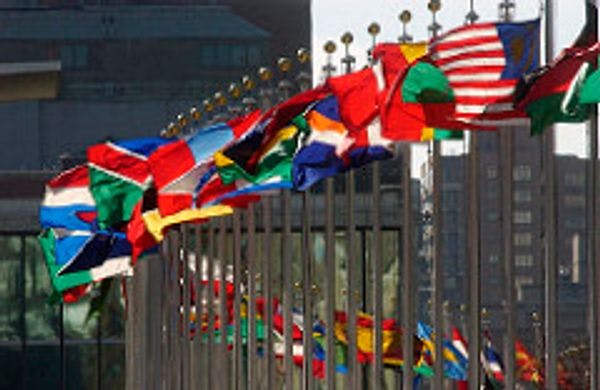Las drogas ilícitas no son el único problema: la política obsoleta en materia de drogas también debe cambiar
A mediados de abril, las Naciones Unidas celebrarán el mayor encuentro sobre políticas de drogas que ha tenido lugar en dos décadas, una oportunidad para revertir los muchos estragos de la prohibición punitiva. Más información, en inglés, está disponible abajo.
Suscríbase a las Alertas mensuales del IDPC para recibir información sobre cuestiones relacionadas con políticas sobre drogas.
SAO PAULO — Next week the United Nations is convening the largest gathering on drug policy that the world has seen in two decades. It was the brainchild of three Latin American presidents — from Colombia, Guatemala and Mexico — who wanted to end decades of poorly conceived and executed counter-narcotics programs. Their hope was that the General Assembly Special Session, or UNGASS, would stimulate new thinking on ways to reverse the political, social and economic wreckage of a failed war on drugs.
The hopes of these presidents — and like-minded governments and civil societies — were scuttled from the start. Part of the problem is that the framing of UNGASS is backwards. Rather than focusing on the “world drug problem” as prohibitionists are want to do, we should instead be addressing the “problematic way we deal with drugs.” Formulated this way, it is then possible to have a genuinely “people-centered” approach to drug policy that actually improves lives rather than destroys them.
Think about it. If drugs alone are treated as “the problem” (as is currently the case), then we are lost. No one disagrees that drugs can be addictive and can negatively impact health and well-being. But drugs on their own are not the right starting point. The better way to think about this is how we, as governments and societies, choose to deal with drugs. The extent to which public authorities prohibit or regulate drugs will determine the problematic impacts — on individuals, families, and communities — that result.
Click here to read the full article.
Keep up-to-date with drug policy developments by subscribing to the IDPC Monthly Alert.
